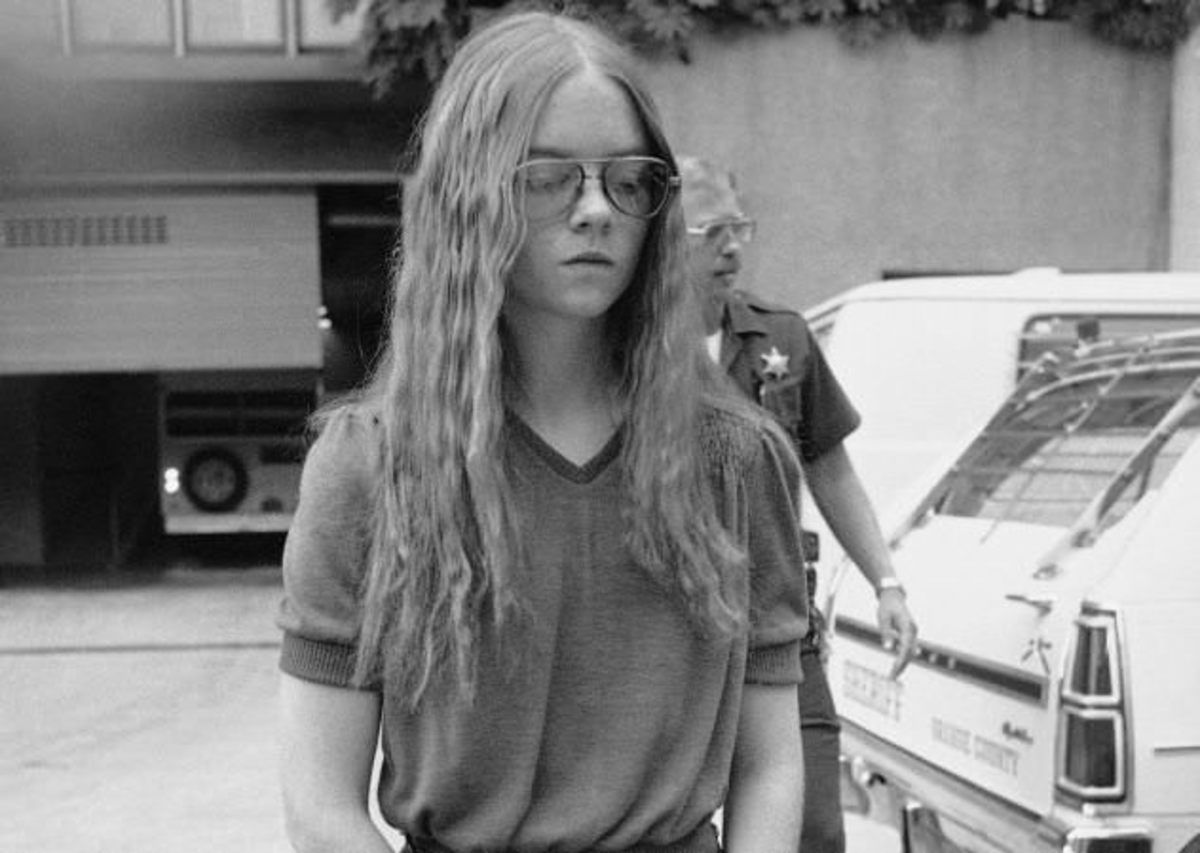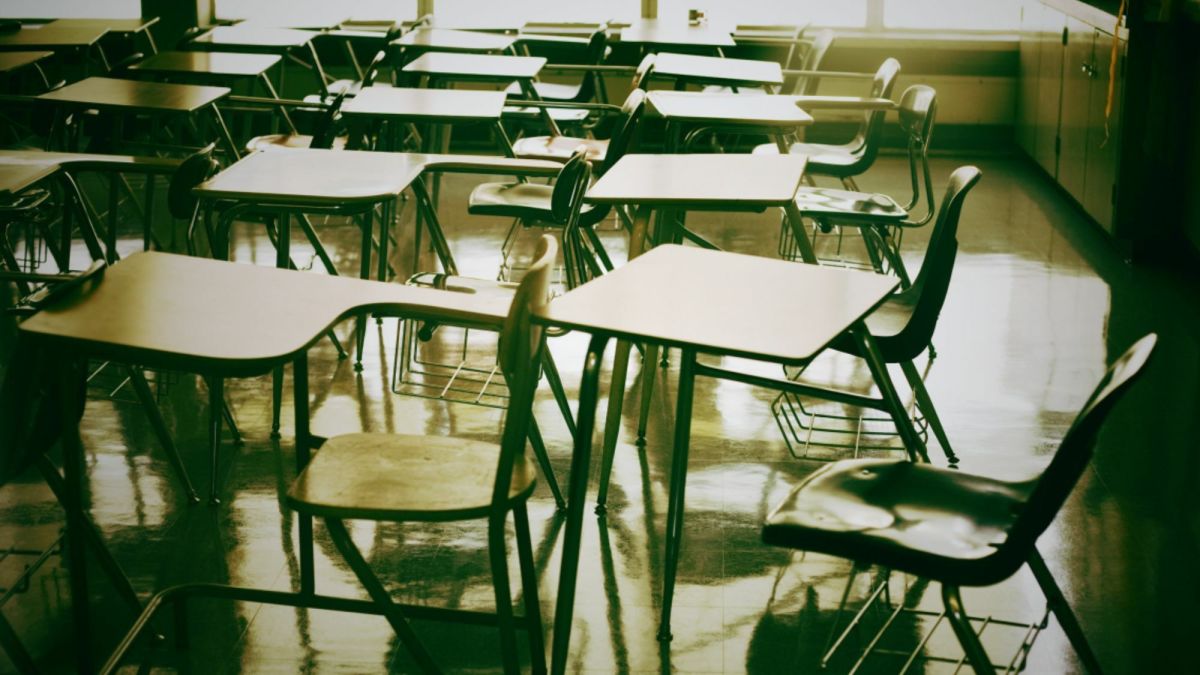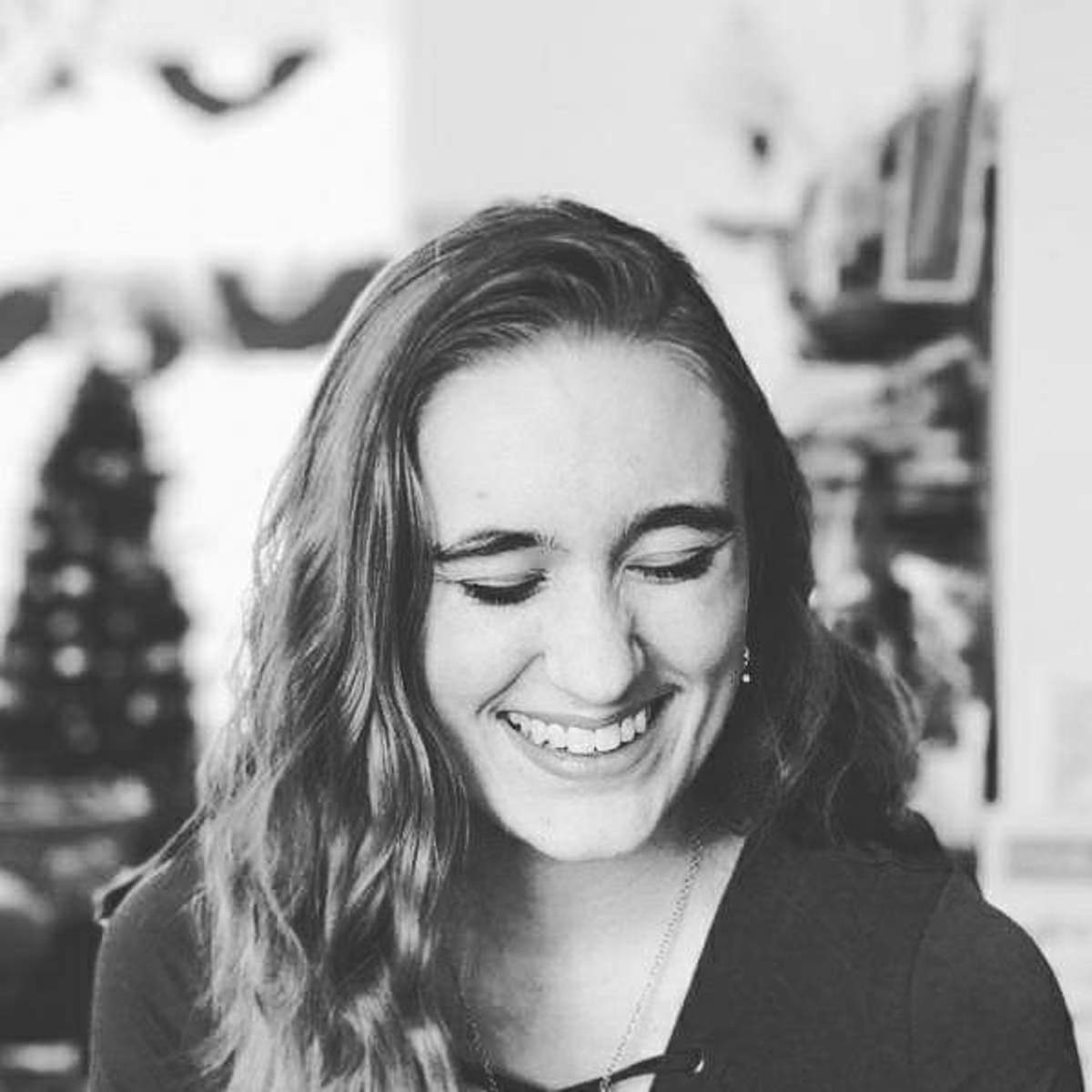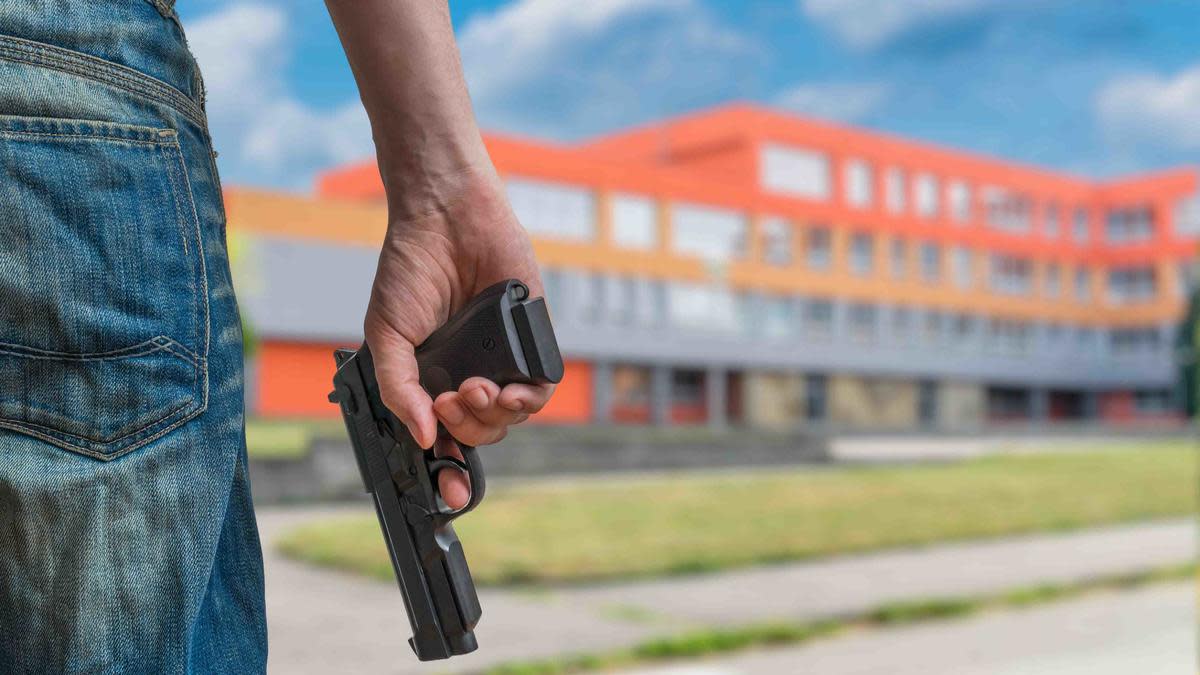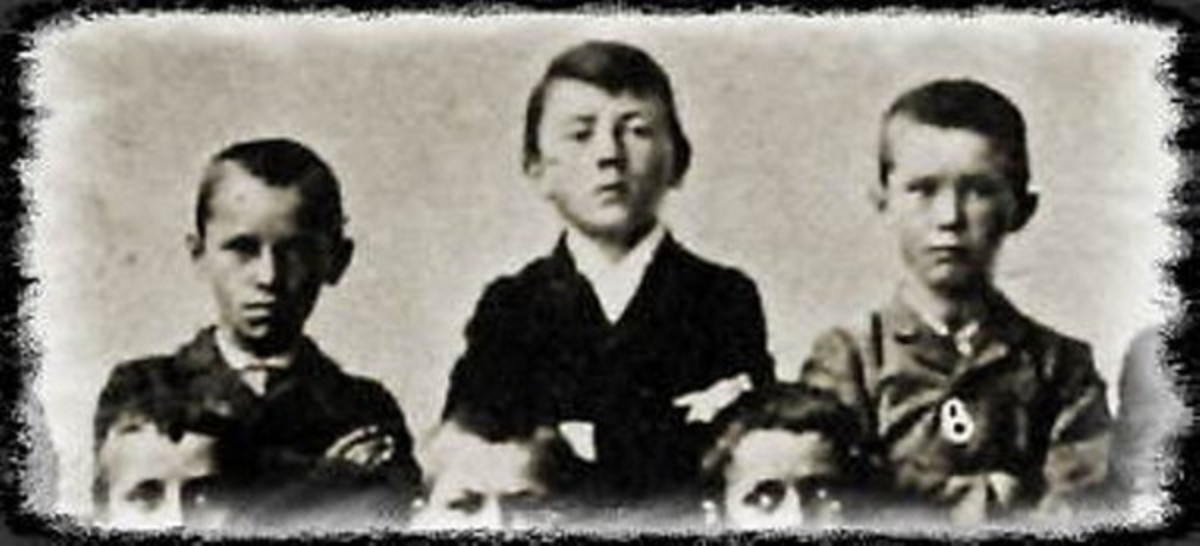School Shooting Leaves Lasting Impact on Community
FSU'S Main Campus
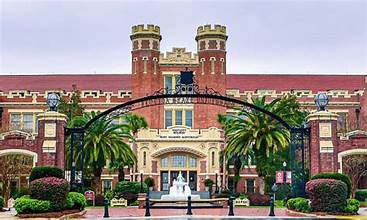
School Shooting Leaves Lasting Impact on Community- FSU Students Express Their Experience
On Thursday, April 17, 2025, just before noon, Florida State University was shaken by a mass shooting outside the Student Union. Around 11:57 a.m., a student identified as 20-year-old political science major Phoenix Ikner opened fire, killing two people and injuring six others before being stopped by police. Ikner, who used a firearm belonging to his stepmother, a retired Leon County Sheriff’s deputy, was also injured and taken into custody.
Victims Identified
University officials confirmed that the two people who lost their lives were not students. They were later identified as Robert Morales, 57, the campus dining director and a longtime fixture in the FSU community, and Tiru Chabba, 45, a regional vice president with Aramark Collegiate Hospitality. Both were well known around campus, and their sudden deaths have left the community reeling.
Rapid Law Enforcement Response
The chaos unfolded quickly. According to investigators, Ikner first tried to use a shotgun, which failed to fire. He then retrieved his stepmother’s Glock 21 handgun and began shooting at people near the Student Union lawn. Within four minutes, campus and city police responded. Officer Cody Poppell of the FSU Police Department rode his motorcycle directly toward Ikner and shot him in the face, an action officials say prevented more lives from being lost.
Students across campus received an emergency alert at 12:01 p.m., ordering them to shelter in place. Those caught near the scene described terrifying moments of hiding wherever they could.
Students Recall the Fear
“My heart felt like it was in my stomach, being confined in one area thinking about whether I would survive, while simultaneously worrying about whether my friends were injured, was a traumatizing experience,” said Tessa Benton, a student who hid in the basement of Dirac Library during the shooting.
Others who lived through the experience said it underscored urgent issues that extend far beyond one incident. “This traumatic incident to me highlights the urgent need for comprehensive strategies to address campus safety, mental health support and regulate gun use,” said Amari Davis, a criminal justice major at FSU.
Among those most affected was senior student Miera Valencia, who works in the Neuro Trauma ICU at Tallahassee Memorial HealthCare, the same hospital where the injured were taken. “It’s really unsettling because I know the victims who passed away and their family very well,” she said. “And the timing is so surreal because I actually have work tonight, and I’m quite literally going to be on the floor that gets all the high intensive trauma from yesterday.”
A Troubled Background
In the days that followed, more details about Ikner’s life came to light. Born Christian Gunnar Eriksen, he changed his name in 2020 after a tumultuous upbringing marked by custody battles between his parents. Court records revealed allegations of domestic violence and long stretches of instability. His mother once fled with him to Europe in violation of court orders, during which he missed medical treatments for ADHD and a growth hormone disorder.
Friends and classmates described him as someone who had grown increasingly isolated. Reports later surfaced that he had expressed extremist and white supremacist views and was once removed from a campus political discussion club for making others uncomfortable with racially charged rhetoric.
Indictment and Upcoming Trial
Following his arrest, a grand jury indicted Ikner on two counts of first-degree murder and seven counts of attempted first-degree murder. Prosecutors announced they would seek the death penalty. After being hospitalized for weeks, Ikner was released in mid-May and transferred to the Wakulla County Jail. In June, his attorney entered a plea of not guilty on his behalf, and he waived his right to a speedy trial. A jury trial is currently set for November 3, though his defense has already signaled plans to request a delay.
The swift response from law enforcement has been widely praised, with the grand jury noting that the actions of officers, particularly Poppell, likely saved numerous lives. “We will work with the State Attorney’s Office in pulling in all the investigative evidence from this case,” said Tallahassee Police Chief Lawrence Revell at a press conference on the day of the shooting. “This is a horrific incident, but collaboration will take place to determine what evidence can be released.”
Healing and Moving Forward
In the aftermath, Florida State University canceled classes for the remainder of the week. Counseling services have been offered to students, faculty, and staff. A vigil at Langford Green drew thousands of people, including students, alumni, and Tallahassee residents, all gathering to honor the victims and stand together in grief. The FSU Foundation has also created a Student Emergency Fund to help those impacted directly by the tragedy.
As the community continues to heal, many are left wrestling with questions that don’t have easy answers: how to address mental health challenges among students, how to keep campuses safe, and how to prevent deadly weapons from falling into the wrong hands. For now, the names of Robert Morales and Tiru Chabba will remain etched into the memories of those who knew them—and the day of April 17 will stand as a reminder of both the fragility of life and the resilience of a shaken community.
© 2025 Seanna Miller

